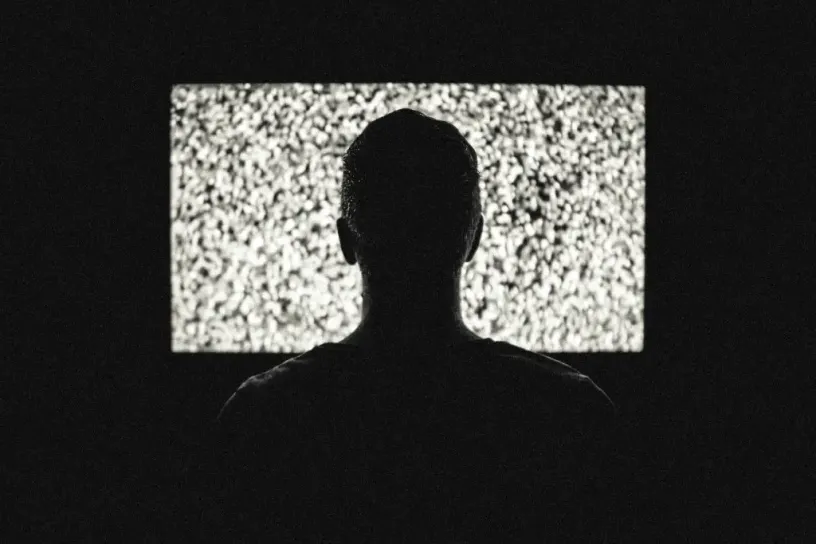EDITORIAL
FCC Chairwoman Jessica Rosenworcel yesterday announced two rule proposals designed to “empower” consumers during channel blackouts caused by carriage disputes between TV providers and broadcasters. However, the proposals would actually ’empower’ the broadcasters, perhaps triggering even more blackouts. Her initiative is another example of how politicians in Washington are detached from reality when it comes to governing emerging TV technologies.
Favoritism to Broadcasters
Ms. Rosenworcel’s proposed rules, if approved by a vote of the full FCC, would require cable and satellite operators to provide refunds to consumers who are affected by carriage blackouts. “Enough with the blackouts,” Chairwoman Rosenworcel says in the FCC release. “When consumers with traditional cable and satellite service turn on the screen, they should get what they pay for. It’s not right when big companies battle it out and leave viewers without the ability to watch the local news, their favorite show, or the big game. If the screen stays dark, they deserve a refund.”
While we approve of the sentiment of her remarks, most, if not all, cable and satellite operators already provide rebates to viewers who lose channels in carriage disputes. By example, DIRECTV provided a $10 rebate to subscribers in the recent Nexstar dispute, albeit it was a one-time credit. Charter’s Spectrum TV also voluntarily provided a $15 credit to customers in last month’s Disney 11-day blackout. But if the FCC requires cable and satellite operators to provide the rebate by law, it would give the broadcasters more leverage in the negotiations, particularly if the rebates were larger and more frequent. This would actually ’empower’ the broadcasters to play hardball in carriage talks, which could lead to more blackouts. The rebate requirement would do nothing to put pressure on the broadcasters to settle the dispute.
Fecklessness
The FCC chief’s second proposal would require TV providers to notify the commission when there is a blackout of 24 hours or more due to a carriage fight. This would do nothing to stop blackouts and is a complete waste of time. Ms. Rosenworcel, and her fellow commissioners, can find out about any blackout by simply reading a newspaper or web site, such as this one. Notifying the FCC when one occurs is simple fecklessness and an example of bureaucratic detachment from reality.
If the FCC really wants to stop blackouts, propose a rule that would require the two warring companies to submit to arbitration to settle the dispute within seven days. But that would likely ruffle a few political feathers so don’t hold your breath waiting for it to happen.
Have a question about new TV technologies? Send it to The TV Answer Man at swann@tvanswerman.com Please include your first name and hometown in your message.
— Phillip Swann
@tvanswerman

